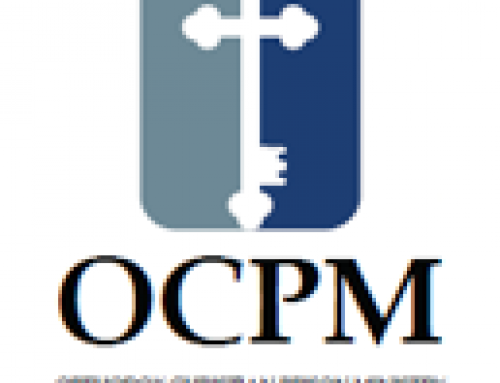This post was originally published on this site
Thanksgiving & Living Eucharistically

Rejoice always, pray without ceasing, in everything give thanks; for this is the will of God in Christ Jesus for you.
(1 Thessalonians 5:16-18)
When you were a kid, were you ever scolded for being ungrateful or not saying “thank you?”
If you were, you know this can be difficult criticism to accept. After all, how do you go about changing the way you feel? How do you say “thank you” when you’re not actually feeling grateful?
In the verse quoted above, Saint Paul encourages us to “give thanks” in all things. And, when I first reflected on these words, I could hear echoes from my childhood.
Is Saint Paul simply telling us to feel grateful all the time?
On one level, yes. As Saint John Chrysostom wrote when reflecting on this verse, “Always to give thanks, this is a mark of a philosophic soul. Have you suffered any evil? But if you will, it is no evil” (Homily 10 on 1 Thessalonians). In other words, a soul that embraces true wisdom (ie, that is philosophic) can see the truth behind the smokescreen of misfortune: the one who can suffer harm with patience–who can remain grateful even during trying times–is blessed, while the one who inflicts harm on others has fallen into sin and suffers the truest evil.
(This is a theme Saint John Chrysostom returned to many times, even arguing in another sermon that it is impossible to harm a virtuous man. The only way he can be truly harmed, the great saint insists, is by choosing to fall into sin.)
But, as you might be able to see from the above, this “giving thanks” is more than merely psychological or emotional. When one “gives thanks in all things,” as Saint Paul exhorts, one is not simply feeling a particular way: grateful as opposed to ungrateful. Rather, one is living in a particular, virtuous way.
One is living liturgically.
Eucharistically.
You probably know that the Divine Liturgy is often referred to as the “Eucharist.” This comes from the Greek word εὐχαριστέω which means “to give thanks.”
In fact, the Liturgy is the ultimate example of thanksgiving. It’s not simply a psychological posture or feeling of gratitude. Instead, our thanks to the Lord is expressed in our offering.



